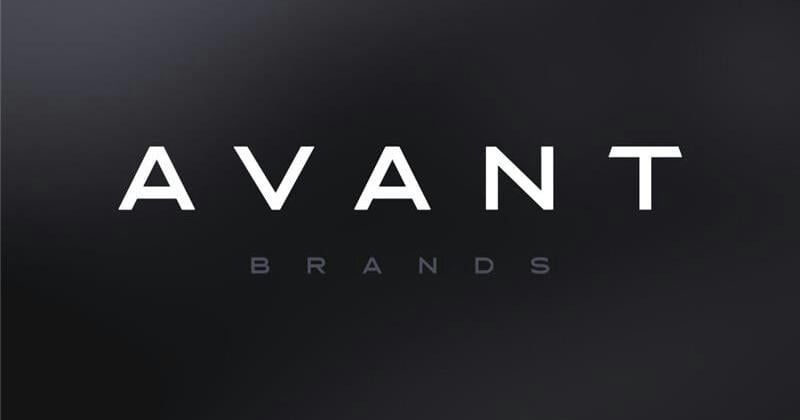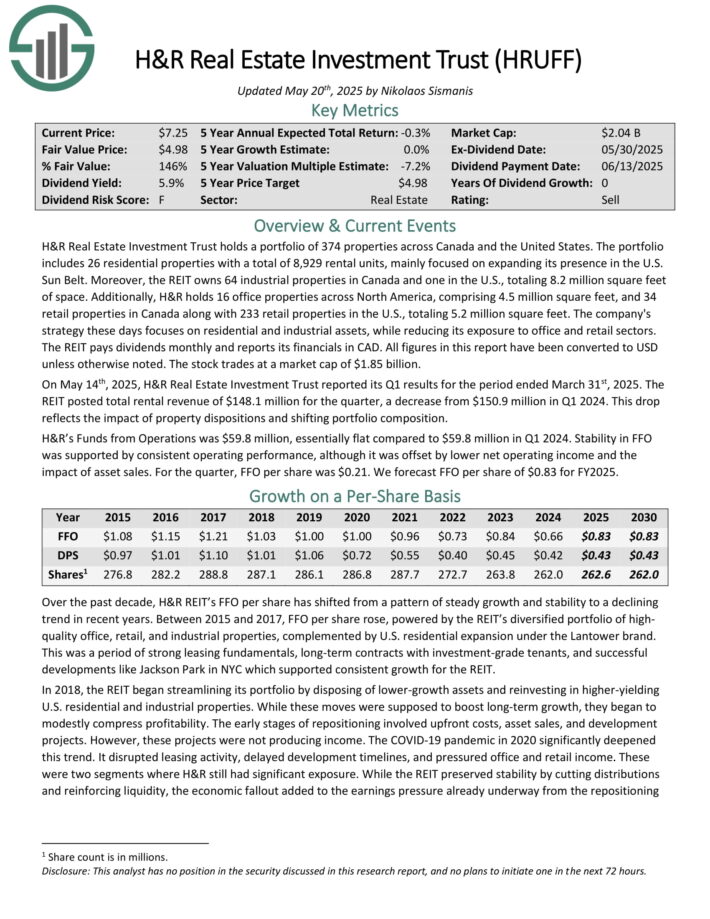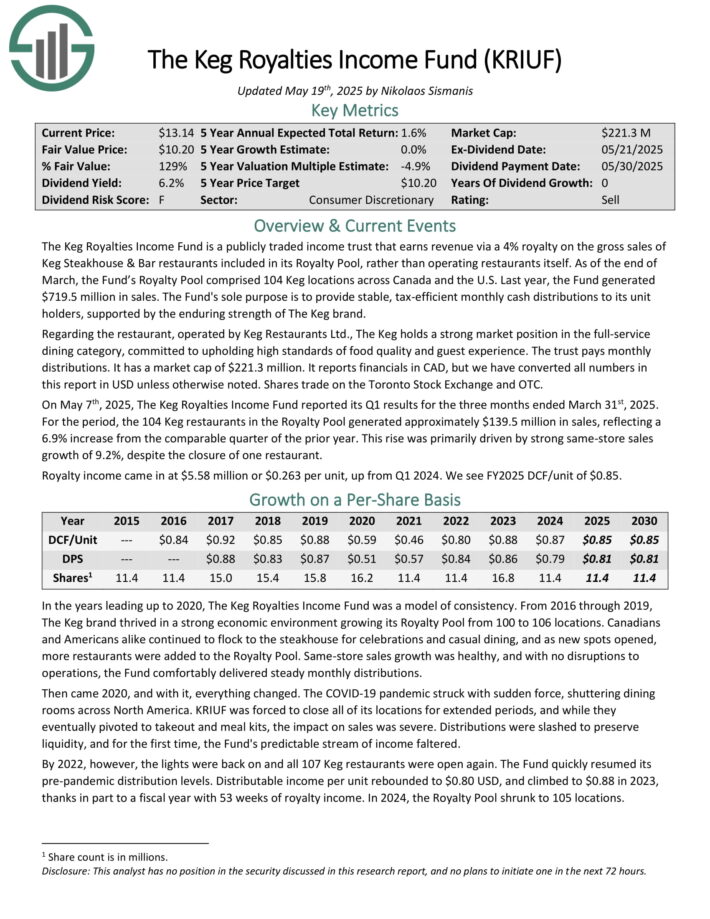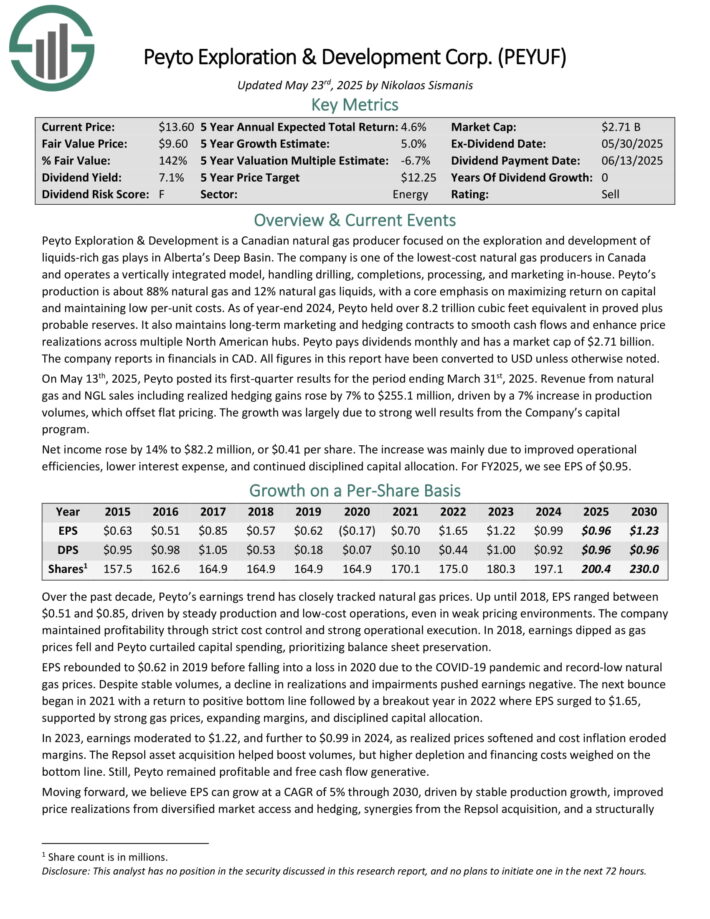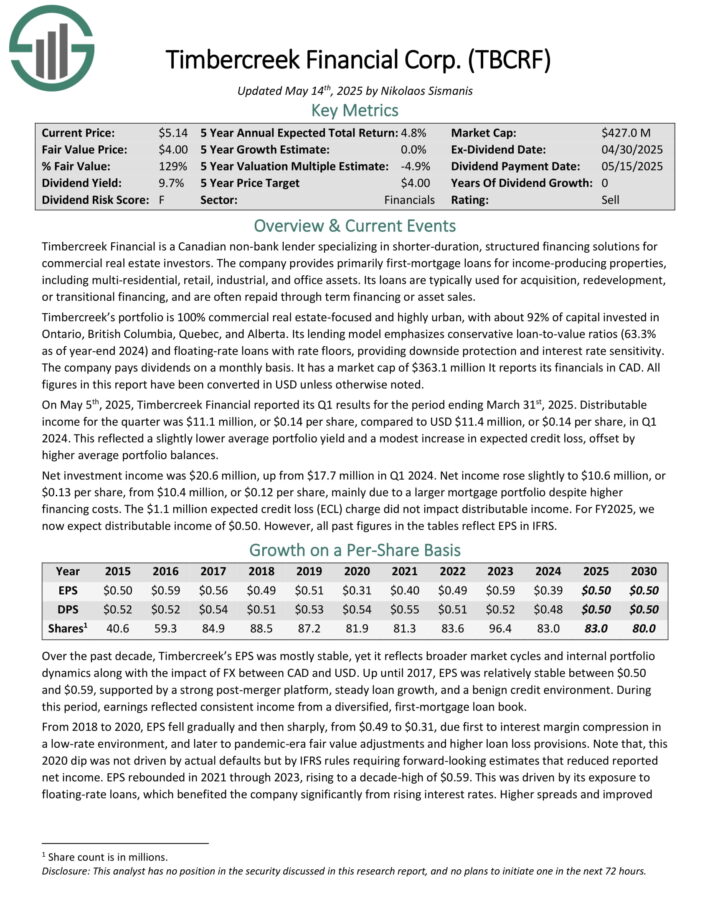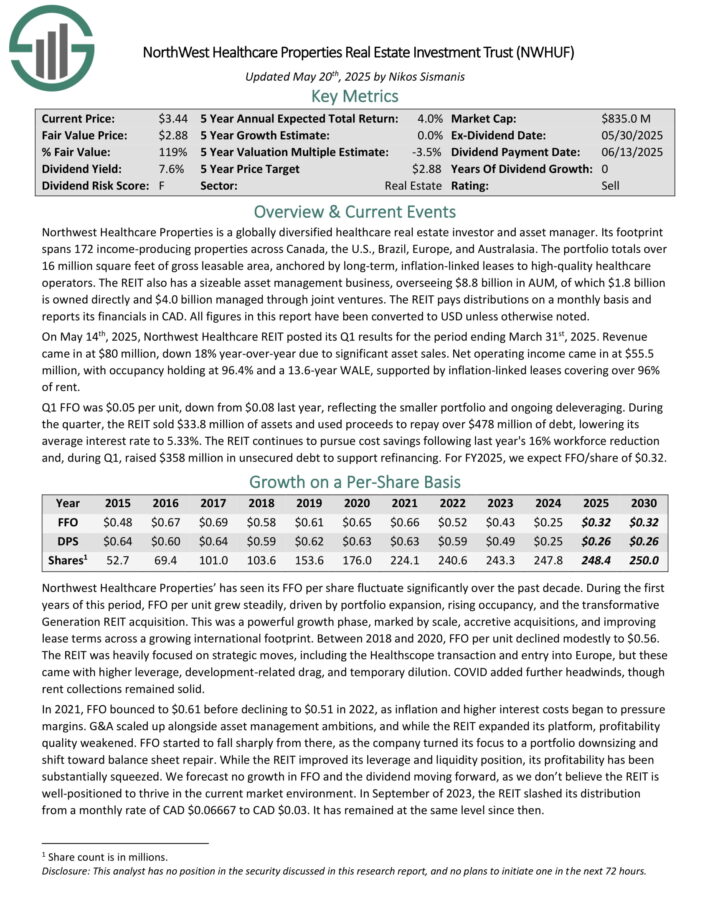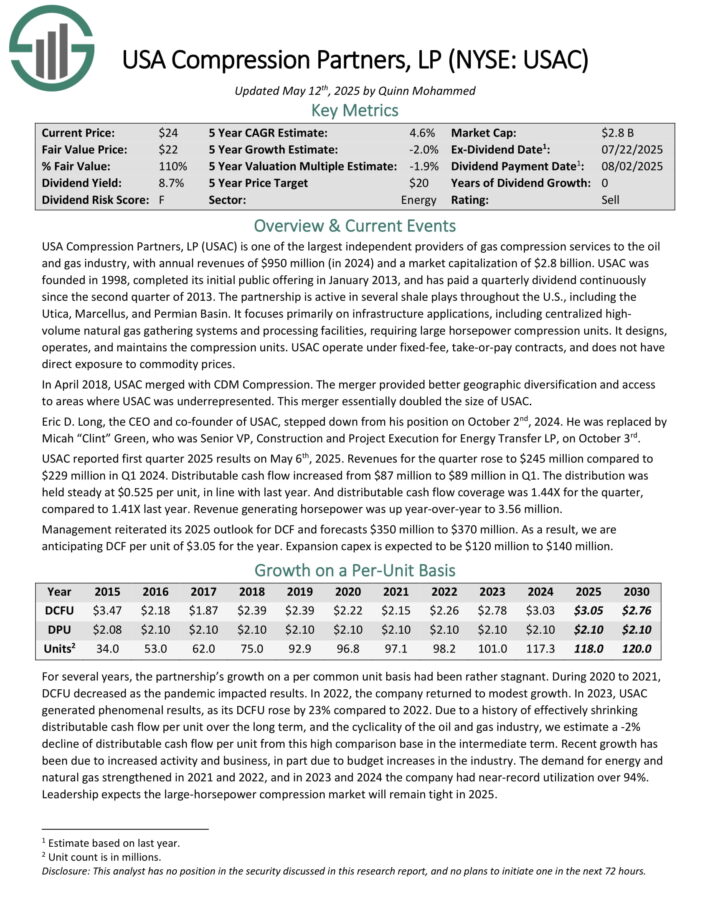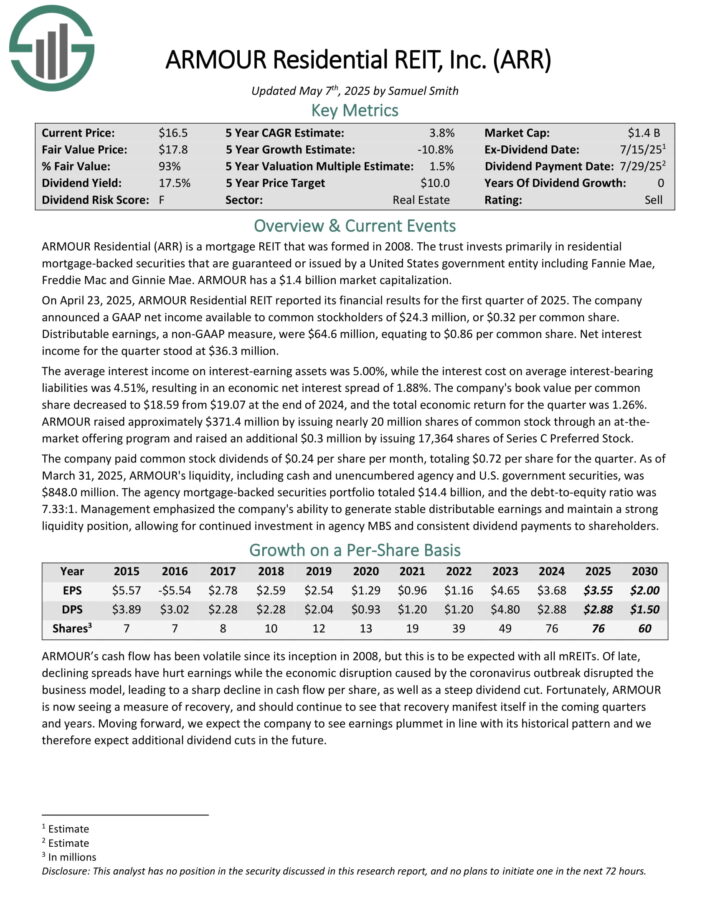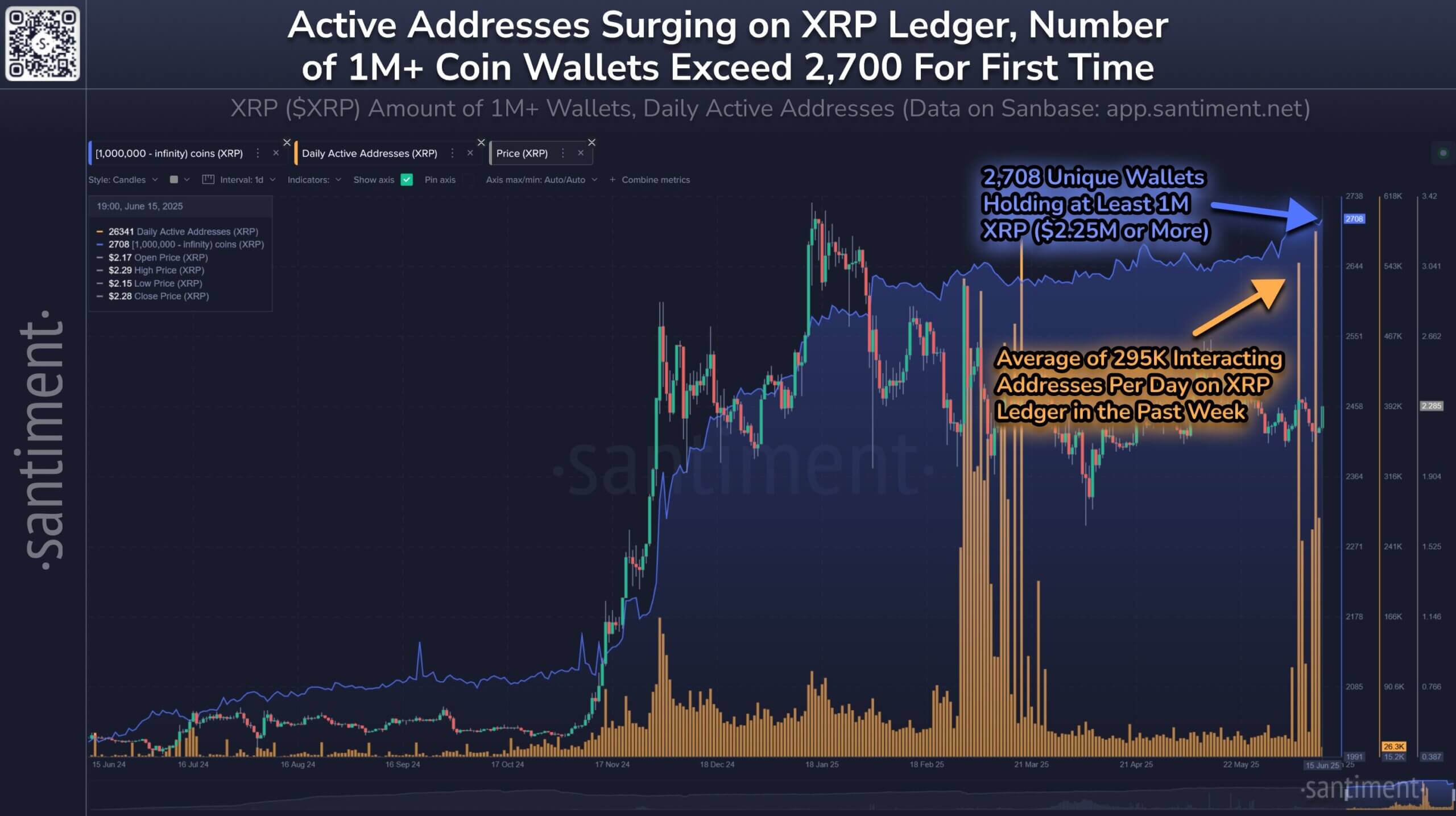Avant Brands Strengthens Global Position with Strategic International Supply Agreements and 30+ New Product Rollout Across Canadian Provinces
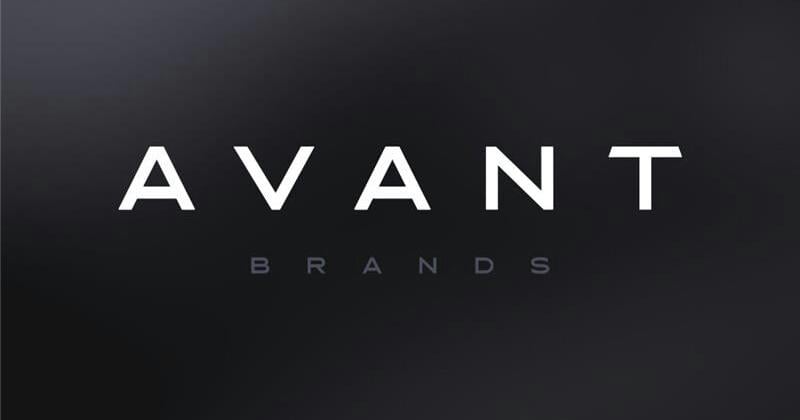
KELOWNA, BC / ACCESS Newswire / June 23, 2025 / Avant Brands Inc. (TSX:AVNT)(OTCQX:AVTBF)(FRA:1BU0) (“Avant” or the “Company”), a leading producer of innovative and award-winning cannabis products, is pleased to announce several significant developments that underscore the Company’s accelerating global growth strategy and strengthening market leadership across Canada.
Strategic International Supply Agreements Signed
Avant has entered into two multi-year international supply agreements serving the European medical cannabis market. Under the terms of the agreements, Avant will export up to 2,000 kilograms per year of GACP-certified, non-irradiated dried flower across several proprietary cultivars cultivated at its flagship Flowr and 3PL facilities.
These agreements further position Avant as a preferred supplier of high-grade flower into regulated international markets. These agreements were executed following rigorous quality assurance reviews and leverage Avant’s certifications under ICANN-GAP and GACP standards.
“These supply agreements are an important validation of Avant’s global credibility and our reputation for consistent quality,” said Norton Singhavon, Founder and CEO of Avant Brands. “They not only unlock substantial recurring revenue but also solidify our footprint across key international jurisdictions.”
Focused Product Expansion in Canada’s Largest Cannabis Market
Avant has reached a significant commercial milestone by securing over 30 new SKU listings for 2025 across Ontario and B.C. – two of Canada’s most competitive cannabis markets. This expansion spans the Company’s flagship brands, BLK MKT™ and Tenzo™, and represents one of the most focused and impactful portfolio deployments in Avant’s history.
Unlike broad-based listing pushes, these new SKUs were strategically submitted based on detailed whitespace analysis, category-level performance data, and evolving consumer demand signals. The result is a portfolio expansion that not only strengthens Avant’s retail presence but also positions the Company for growth in key high-potential segments (in both mid-tier and premium) – ranging from top-shelf dried flower, single & multi-pack whole flower pre-rolls and infused offerings, to innovative new formats tailored to shifting market dynamics.
“Canada is a strategic battleground, and this expansion confirms that our brands are resonating with both budtenders and consumers alike,” said Singhavon. “It’s a testament to our team’s ability to execute with precision – leveraging market intelligence, designing thoughtful products, and delivering with operational excellence.”
Product Innovation and Medical Relaunch
First-to-Market Innovations: Avant is among the first Canadian LPs to launch transparent packaging and premium 1.5g pre-rolls, leveraging recent regulatory amendments by Health Canada. These innovations reinforce Avant’s reputation as a category leader in design, quality, and consumer experience.
Avant Medical Relaunch: The Company’s medical division is being rebranded and relaunched as Avant Medical, with a renewed focus on serving Canadian patients and veterans. The new platform will offer enhanced access to premium cultivars at significantly more competitive pricing and will feature a refreshed product catalog exclusive to the medical channel.
Director Resignation
Avant also announces that Ms. Sylvia Lee has made the decision to resign from the Company’s Board of Directors. Ms. Lee has diligently served on the Board for more than four years and has been instrumental contributing her immense experience to Avant through key phases of growth and strategic transformation.
The Company would like to sincerely thank Ms. Lee for her dedication, guidance, and contributions to Avant, and wishes her continued success in all future endeavors.
Positioned for Sustained Growth
Taken together, these developments mark a pivotal moment in Avant’s growth trajectory. The Company is executing a disciplined and scalable strategy-focused on quality, brand equity, and global market access-that continues to translate into material commercial outcomes.
“As we continue to expand both internationally and domestically, our focus remains clear: to be the dominant player in the premium cannabis segment,” said Singhavon. “Our foundation is stronger than ever-and we are just getting started.”
Neither the TSX nor its Regulation Services Provider (as that term is defined in the policies of the TSX) accepts responsibility for the adequacy or accuracy of this release.
About Avant Brands Inc.
Avant is an innovative, market-leading premium cannabis company. Avant has multiple operational production facilities across Canada, which produce high-quality, handcrafted cannabis products based on unique and exceptional cultivars.
Avant offers a comprehensive product portfolio catering to recreational, medical, and export markets. Our renowned consumer brands, including BLK MKT™, Tenzo™, Cognōscente™, flowr™ and Treehugger™, are available in key recreational markets across Canada. Avant’s products are distributed globally to Australia, Israel and Germany, with its flagship brand BLK MKT™ currently being sold in Israel. Additionally, Avant’s medical cannabis brand, GreenTec™, serves qualified patients nationwide through its GreenTec Medical portal and trusted medical cannabis partners.
Avant is a publicly traded corporation listed on the Toronto Stock Exchange (TSX: AVNT) and accessible to international investors through the OTCQX Best Market (OTCQX: AVTBF) and Frankfurt Stock Exchange (FRA: 1BU0). Headquartered in Kelowna, British Columbia, Avant operates in strategic locations including British Columbia, Alberta, and Ontario.
For more information about Avant, including access to investor presentations and details about its consumer brands, please visit www.avantbrands.ca.
For further inquiries, please contact:
Investor Relations at Avant Brands Inc.
1-800-351-6358
CAUTIONARY STATEMENT REGARDING FORWARD-LOOKING INFORMATION:
This press release contains “forward-looking statements” within the meaning of applicable securities laws. All statements contained herein that are not clearly historical in nature may constitute forward-looking information. In particular, forward-looking statements in this release include, but are not limited to, statements regarding: the anticipated benefits and commercial impact of Avant’s international supply agreements; the expected annual export volumes of dried cannabis flower; the exclusivity arrangements and their potential to enhance brand presence in international markets; the projected growth in Ontario retail distribution; the expected performance of newly listed SKUs; the impact of product innovations including transparent packaging and premium 1.5g pre-rolls; the anticipated benefits of the Avant Medical rebrand and relaunch; and Avant’s overall ability to execute on its global growth strategy and strengthen its competitive positioning in both domestic and international markets.
Forward-looking statements are often, but not always, identified by words such as “expects,” “anticipates,” “intends,” “plans,” “believes,” “estimates,” “may,” “will,” “potential,” “could,” “should,” “continue,” or similar expressions suggesting future outcomes or events. These statements are based on the current expectations, estimates, projections, beliefs, and assumptions of management and are subject to a number of risks and uncertainties, many of which are beyond the Company’s control.
Forward-looking statements involve known and unknown risks, uncertainties, and other factors that may cause actual results or events to differ materially from those expressed or implied in such statements. These risks include, but are not limited to: the ability of Avant to successfully fulfill the terms and volumes under international supply agreements; demand and pricing fluctuations in export markets; regulatory changes in Canada or in international jurisdictions that could impact cannabis exports or product approvals; the successful execution of new product launches; consumer acceptance and sell-through of new SKUs in Ontario and other provinces; the effectiveness and market reception of the Avant Medical relaunch; the reliability and scalability of Avant’s supply chain; competitive dynamics in the domestic and global cannabis industry; and other risks as detailed in the Company’s public filings on SEDAR+ at www.sedarplus.ca.
Readers are cautioned not to place undue reliance on forward-looking statements. Avant undertakes no obligation to update any forward-looking statements contained herein, except as required by applicable law. All forward-looking statements in this release are expressly qualified in their entirety by this cautionary statement.
SOURCE: Avant Brands Inc.
View the original
on ACCESS Newswire
